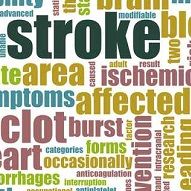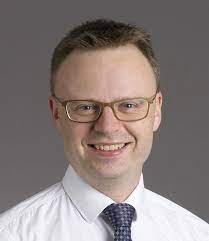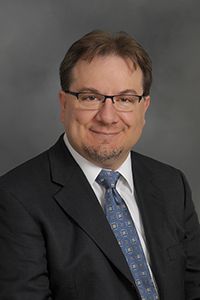Article
Language Recovery Predicts Motor Skills Recovery after Stroke
Author(s):
After a stroke, if patients recover either motor skills or language skills, they are likely to recover both, a study found.

Researchers who were curious about how individual patients recovered motor and language skills after a stroke followed and collected data from four patients. The team found that those who recovered language skills were likely to also recover motor skills and vice versa. Annika Primaszin, of the Department of Neurology, University Hospital, in Aachen, Germany, and colleagues “assessed the functional skills and performed exact lesion analysis to determine recovery potential in each domain.”
Few previous studies have addressed the concurrent recovery of speech and motor skills in stroke victims. In fact, most research has focused on the separate paths of recovery for each domain. Beginning with the idea that language and motor skills are not functionally independent leads to the question of whether the two types of interactions use the same resources -- a “fight” effect, or if they aid one another in an “additive” effect.
Each of the four patients had different base levels of both motor and language skills so that the researchers could examine individual responses. None of the patients were fluent during the acute stage of stroke according to their clinical records. The researchers used magnetic resonance imaging (MRI), Aachener Apahasie Test (AAT), and the Lexikon Modellorientier (LEMO) to measure the patients’ progress in each area.
The patients underwent language and motor skills testing before and after intensive therapy, and the researchers concluded that “the strategic location of the lesion is a determinant of functional recovery in the motor and language domain.” Though they also found some indications of an additive effect between language and motor recovery, the researchers call them “first hints” rather than conclusive evidence. Finally, they found that the characteristics of the lesion do not predict the ability to recover language and motor skills.
Only four patients were considered for this study. The researchers suggest that “a larger group study will investigate recovery mechanisms and correlates supported by a higher statistical power.” Such future studies will help scientists understand exactly how recovery occurs.





